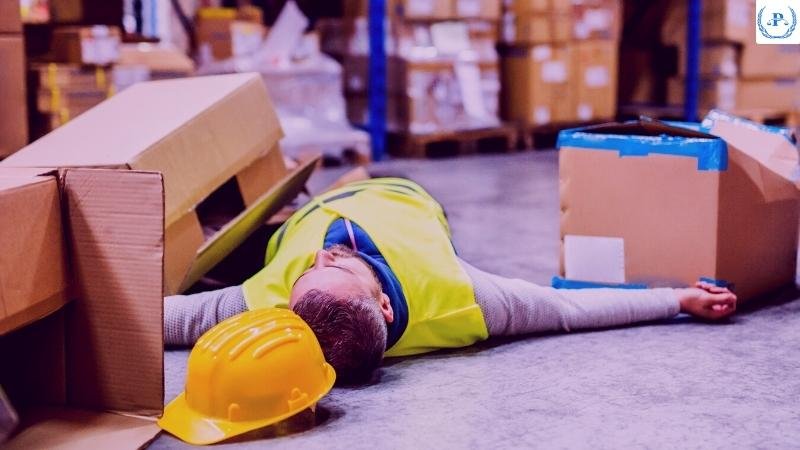Workers’ compensation in California is supposed to help people get back on their feet after getting hurt. But the system is far from perfect. In some cases, it hurts the workforce more than it helps. It hurts workers more than it helps them most of the time. Here are five bad things about how California workers’ comp.
Find out more about workers’ compensation by reading here.
5 Ways Workers’ Compensation in California Doesn’t Help The Workers
- Not All Workplace injuries are Covered
California Workers’ comp does not always pay for their medical bills or lost wages when an employee gets sick or hurts on the job. In some situations, workers may not be covered or earn less than they could have. Some workers’ compensation programs, for example, don’t pay for injuries that people cause themselves or happen outside of work. Also, many programs only cover a portion of workers’ medical bills and lost wages.
- Compensations Can Be Lacking
Workers’ compensation is often there to help pay for their lost wages when a worker gets hurt on the job. But sometimes, workers’ compensation benefits aren’t enough to pay all of a worker’s bills, leaving them struggling to make ends meet. Workers’ compensation benefits might not be enough to cover lost wages for a few different reasons. First, workers’ compensation benefits are often based on the person’s salary before the injury, which may not be enough to cover their current living costs. Also, California workers’ comp benefits might not be available immediately, which can add to a worker’s financial stress. You need to know your rights and what you can do about California workers’ comp if you get hurt at work. In addition to workers’ compensation, you may be eligible for other benefits. An experienced workers’ compensation lawyer can help you get the benefits you need and deserve.
- Workers’ comp Doesn’t Always Pay For Medical bills.
Workers’ compensation is supposed to help workers who get hurt on the job, but it doesn’t always pay for all of their medical bills. A study by the National Institute for Occupational Safety and Health found that about one-third of workers who got hurt and asked for workers’ compensation did not pay their medical bills. So, what does this mean for people who get hurt on the job? Even if they have workers’ compensation, they may still have to pay for some of their medical bills. It can cost a lot of money and cause severe injury. Talk to your California workers’ comp insurer to find out what is and isn’t covered if you get hurt at work. You could also talk to a lawyer to determine your legal options.
- You May Not Receive Death Benefit
Workers’ compensation is a program that gives money to the families of workers who die on the job. But this rule doesn’t always hold. If a worker dies because of negligence, like not following safety rules, their family might not be able to get death benefits. Also, if a worker dies while committing a crime, their family won’t get death benefits.
- Getting California workers’ comp isn’t always easy.
It can be hard to get workers’ compensation. Workers’ compensation is insurance for people who get sick or hurt at work. Most of the time, law requires workers’ compensation. Workers’ compensation is a safety net, but it’s not always easy. Workers’ compensation is hard to get for more than one reason. Figuring out how to file a claim can be complex and complicated. Even if a worker files a claim, there is no guarantee that it will get accepted. In many ways, California’s system for paying workers who get hurt on the job is not sound. The system’s flaws hurt workers and cost companies billions of dollars annually. Some of the biggest problems are how long it takes to file a claim, how much it costs, and how little it pays out. Contact Pistiolas Law Workers’ Compensation Lawyers or call (916) 827-3686 to learn more about how California’s workers’ compensation system affects employees and companies.












